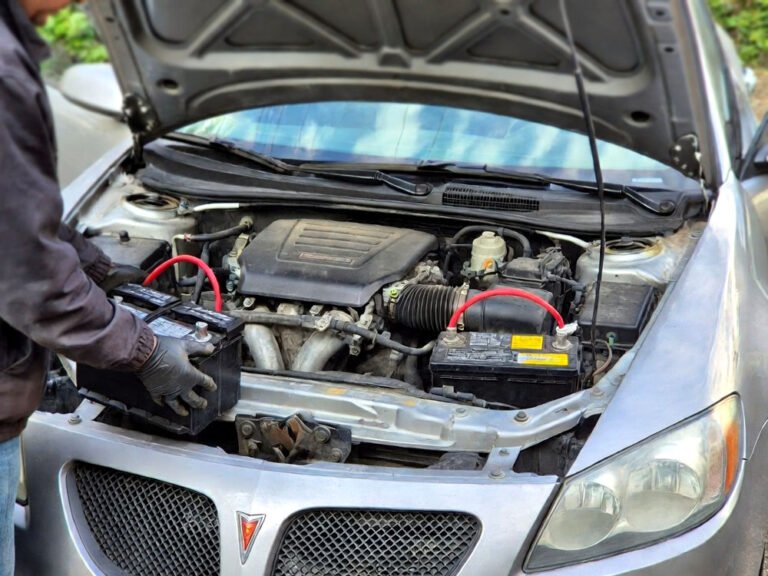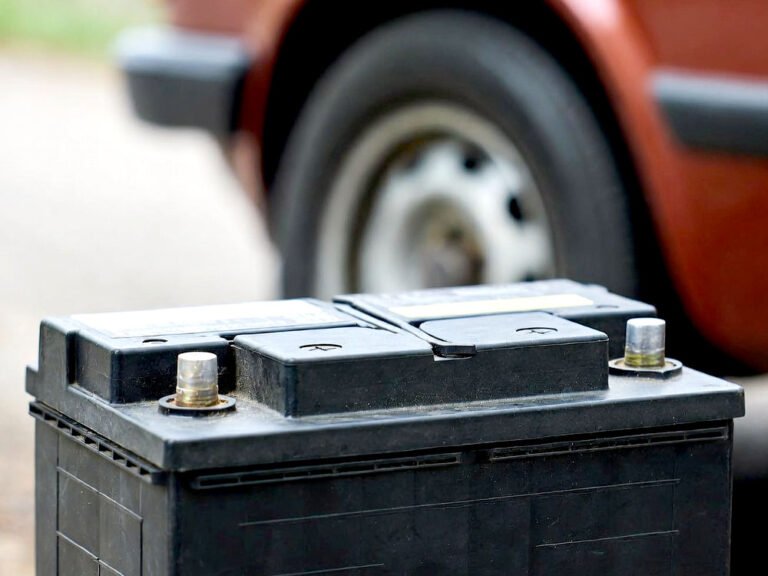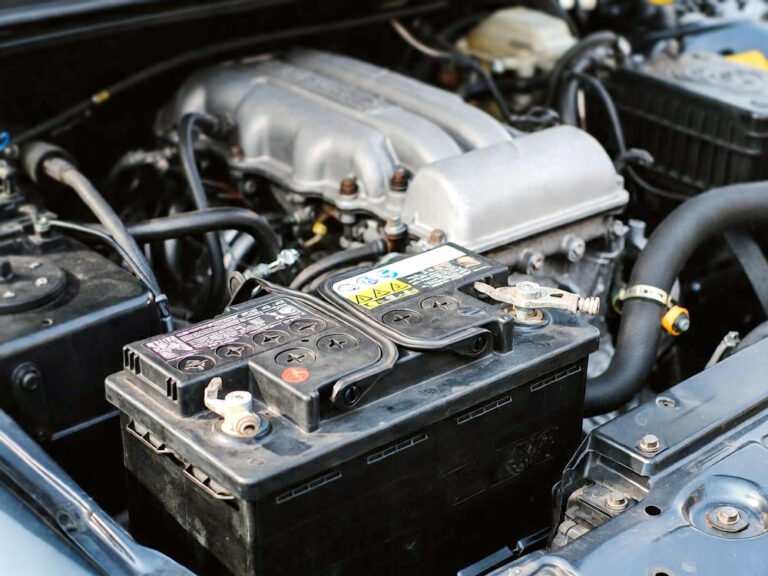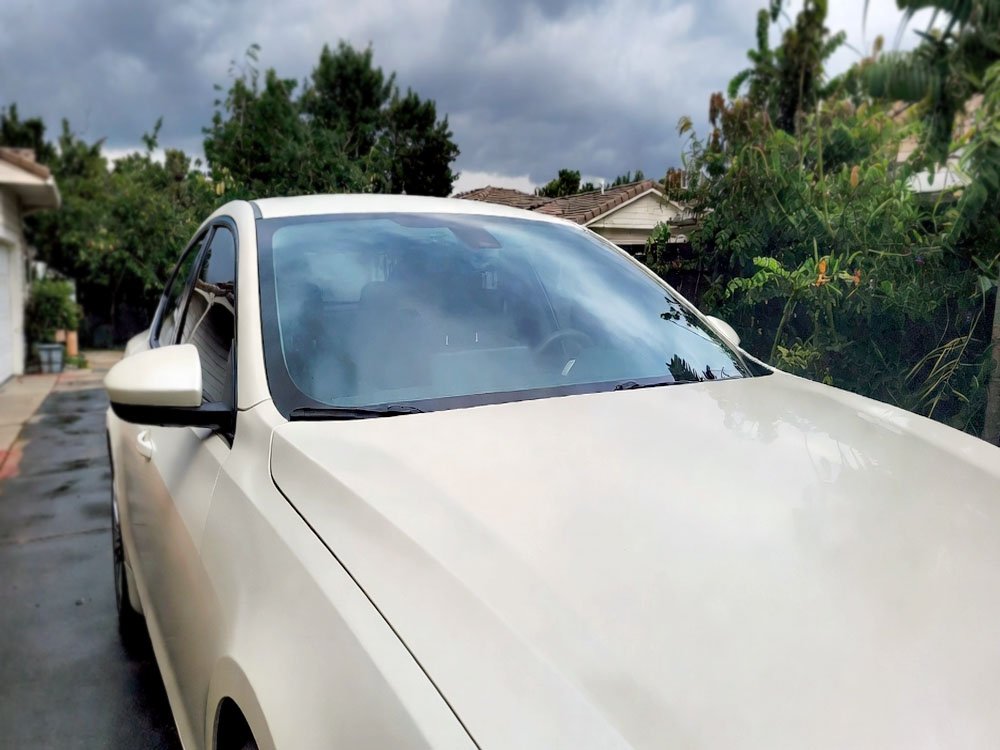Transferring a car title in Hawaii is a process that can seem daunting, especially if you’re doing it for the first time. However, with the right information and steps, you can make the process smooth and efficient. This guide will walk you through everything you need to know about transferring a car title in Hawaii, from understanding the requirements to completing the necessary forms.
Understanding Car Title Transfer in Hawaii
What is a Car Title?
A car title is an official document that proves who owns a vehicle. It contains important information such as the vehicle identification number (VIN), make, model, year, and the owner’s name and address. When a vehicle is sold or transferred, the title must also be transferred to reflect the new ownership.
Why is Title Transfer Important?
Transferring a car title is crucial for several reasons. First, it ensures that the new owner has legal ownership of the vehicle. Second, it protects the seller from any future liabilities related to the vehicle. If the title is not transferred, the seller may still be held responsible for traffic violations or accidents involving the car. Lastly, a properly transferred title is necessary for registration purposes in the new owner’s name.
When Do You Need to Transfer a Car Title?
You need to transfer a car title in several situations. The most common scenario is when you buy or sell a vehicle. Other circumstances include inheriting a vehicle, gifting a car to someone, or transferring ownership due to divorce or other legal reasons. In Hawaii, the title transfer should occur as soon as possible to avoid complications.
Who Can Transfer a Car Title?
In Hawaii, both the buyer and the seller can participate in the title transfer process. However, the seller is primarily responsible for ensuring that the title is properly signed over to the buyer. If the car is inherited or gifted, the new owner must also ensure the title is transferred correctly.
Where Can You Transfer a Car Title?
Title transfers in Hawaii can be done at any county motor vehicle registration office. Each county, including Honolulu, Maui, Hawaii, and Kauai, has its own office where residents can go for title transfers. You may also be able to process the transfer online or via mail in some circumstances, depending on the county’s regulations.
How Much Does it Cost to Transfer a Car Title?
The cost of transferring a car title in Hawaii varies by county and the specific circumstances of the transfer. Typically, there is a nominal fee, often ranging from $5 to $15. Additional fees may apply if you need to register the vehicle or obtain new license plates. It’s essential to check with your local registration office for exact costs.

The Step-by-Step Process of Transferring a Car Title
Step 1: Gather Necessary Documents
Before you begin the transfer process, gather all necessary documents. This typically includes:
- The original car title
- A valid driver’s license or identification card
- A bill of sale, if applicable
- Odometer disclosure statement (for vehicles less than 10 years old)
- Any lien release documents if the vehicle was financed
Having these documents ready will streamline the process and prevent delays.
Step 2: Complete the Title Transfer Application
In Hawaii, you must fill out a title transfer application form. This form requires details such as the vehicle’s VIN, make, model, year, and the names and addresses of both the buyer and seller. You can obtain this form from the county motor vehicle registration office or download it from their website. Make sure to fill it out completely and accurately.
Step 3: Sign the Title
The seller must sign the back of the title to officially transfer ownership to the buyer. This signature must match the name on the front of the title. If there are multiple owners listed, all must sign to complete the transfer. If the title is lost or damaged, you may need to apply for a duplicate title before proceeding.
Step 4: Submit Your Documents
Once you have completed the application and signed the title, you must submit these documents to the appropriate county office. You can usually do this in person, but some counties may allow you to submit your documents by mail or online. Make sure to check your county’s specific submission guidelines.
Step 5: Pay the Transfer Fees
After submitting your documents, you will need to pay the title transfer fee. As mentioned earlier, this fee can vary by county. Be prepared to pay with cash, check, or credit card, depending on the county’s payment options. Keep the receipt, as it serves as proof of the transfer.
Step 6: Receive the New Title
Once your application is processed and the fee is paid, the county office will issue a new title in the buyer’s name. This process can take a few days to a few weeks, depending on the office’s workload. It’s essential to ensure that the information on the new title is correct and that you receive it in a timely manner.
Special Considerations for Transferring Car Titles in Hawaii
Title Transfers for Family Members
Transferring a car title between family members in Hawaii can be a straightforward process. However, it’s still essential to follow the same steps as a standard transfer. If you are gifting a vehicle to a family member, consider preparing a bill of sale stating that the vehicle is a gift. This documentation can help clarify any tax implications.
Transferring Titles for Inherited Vehicles
If you inherit a vehicle, transferring the title may involve additional steps. Generally, you will need to provide proof of inheritance, such as a will or probate documents, along with the original title and other required forms. In some cases, you may need to fill out a special inheritance title transfer form. It’s advisable to consult with a legal expert or the county office for specific guidance.
Transferring Titles for Junked or Salvaged Vehicles
If you are transferring a title for a junked or salvaged vehicle, additional regulations may apply. In Hawaii, the seller may need to provide a junking certificate or other documentation to prove that the vehicle is no longer roadworthy. Ensure you understand the local regulations concerning salvaged vehicles to avoid any issues during the transfer process.
Title Transfers for Vehicles from Other States
If you are moving to Hawaii and bringing a vehicle from another state, you will need to transfer the title as part of the registration process. Ensure you have the out-of-state title and any other necessary documentation. You may also need to have the vehicle inspected and pay applicable fees for registering a vehicle from outside Hawaii.
Title Transfers Involving a Lien
If the vehicle has a lien against it, you must resolve this lien before transferring the title. This typically involves obtaining a lien release from the lender, stating that the debt has been paid in full. Make sure to include this document with your title transfer application to avoid delays.
Online Title Transfers
Some counties in Hawaii offer online title transfer options. This can save time and make the process more convenient. However, not all transactions can be completed online, and you may still need to visit the county office for certain situations, such as transferring a title with a lien or for inherited vehicles. Check your county’s website for more information on online services.
I hope this guide helps you understand the process of transferring a car title in Hawaii. With the right information and preparation, you can efficiently navigate the steps involved and ensure that the transfer is completed smoothly. Remember to gather all necessary documents, follow the outlined procedures, and check with your local county office for specific requirements.
Are These Questions in Your Mind?
Is it necessary to notarize the title when transferring?
No, notarization is not required for title transfers in Hawaii. However, it is a good practice to have documents notarized to add an extra layer of verification, especially if there are multiple owners or if the transfer is contested.
Can I transfer a title if the seller is not available?
Yes, if the seller cannot be present, they may be able to sign the title in advance and provide it to you. It’s essential to have the seller’s signature on the title. If you have any concerns, consult the county office for advice on handling such situations.
Do I need to complete a bill of sale?
While a bill of sale is not mandatory for transferring a title in Hawaii, it is highly recommended. A bill of sale serves as proof of the transaction and can help clarify the terms of the sale, especially regarding the purchase price and condition of the vehicle.
Is it possible to transfer a title by mail?
Yes, you can transfer a title by mail in some cases. However, it’s best to check with your local county office to see if they allow mail-in title transfers and to obtain the necessary forms. This option is generally available for specific situations, such as online purchases.
Can I transfer a title without the original title document?
If the original title is lost or damaged, you cannot complete the transfer without applying for a duplicate title first. You will need to fill out an application for a duplicate title, pay the associated fee, and then proceed with the transfer once you have the new title.
Do I need to pay taxes when transferring a car title?
In Hawaii, you may be required to pay use tax when transferring a car title if the vehicle was purchased. This tax is generally based on the purchase price of the vehicle. Make sure to check with your local tax authority for specific details on tax obligations during the transfer process.
Is there a deadline for transferring a car title after purchase?
Yes, in Hawaii, you should transfer the car title within 30 days of the purchase date. Failing to do so may result in penalties, including fines. It’s important to complete the transfer promptly to avoid any legal issues or complications.
Can I transfer a title for a vehicle I don’t own?
No, you cannot transfer a title for a vehicle you do not own. The title must be in your name, and you must have the seller
’s signature to complete the transfer legally. Attempting to transfer a title without ownership can lead to legal consequences.
Is it possible to transfer a title to a business?
Yes, you can transfer a title to a business in Hawaii. However, the business must be properly registered, and you will need to provide documentation proving the business’s legal status. This may include a business license, tax identification number, and the business’s operating agreement.
Can I transfer a title for a vehicle with outstanding loans?
You can only transfer the title for a vehicle with outstanding loans if you have obtained a lien release from the lender. This document states that the debt has been satisfied and allows you to proceed with the transfer. Without this release, the title cannot be transferred.








